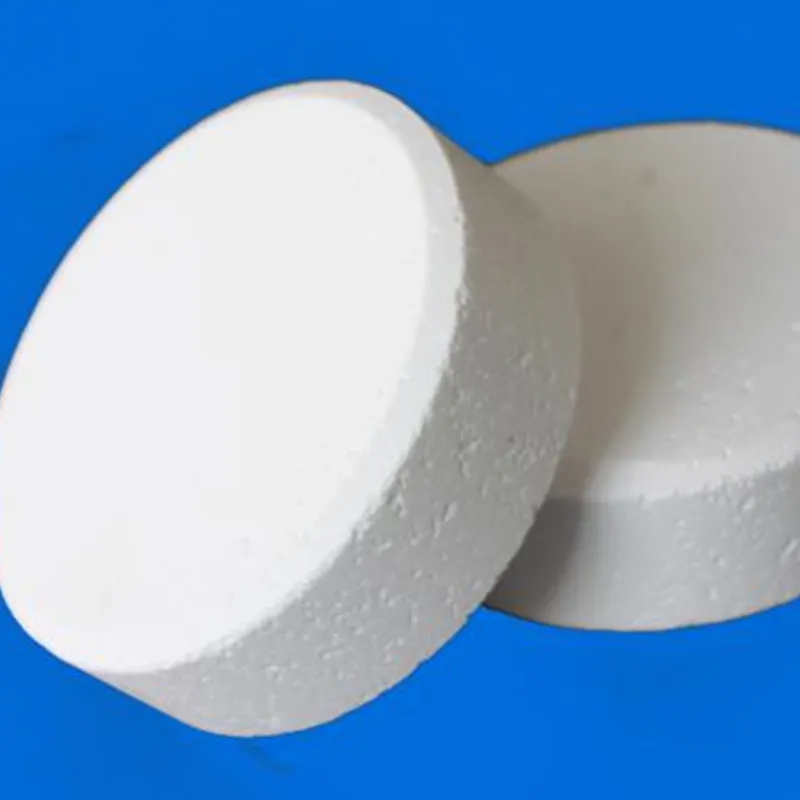
aspartame ingredients
Understanding Aspartame Ingredients and Implications
Aspartame is a widely used artificial sweetener that has become a staple in many low-calorie and sugar-free products. Found in thousands of items, from beverages to desserts, this compound has sparked much debate regarding its safety and health implications. In this article, we will explore the ingredients, production, and the controversies surrounding aspartame.
What is Aspartame?
Aspartame is a low-calorie sweetener made from two amino acids aspartic acid and phenylalanine. When consumed, it is broken down into its components, which the body processes similarly to the way it would digest regular proteins. Aspartame is approximately 200 times sweeter than sucrose (table sugar), which allows food manufacturers to use it in very small amounts to achieve the desired sweetness without adding significant calories.
The Production Process
The production of aspartame involves a fermentation process where the two amino acids are synthesized and combined. This artificial sweetener is typically found in its methyl ester form, which gives it a sweetness profile similar to sugar and stability when exposed to heat. Aspartame is often used in products like diet sodas, sugar-free gum, yogurt, and various snack foods. Its versatility makes it popular among those looking to reduce caloric intake or manage blood sugar levels.
Safety and Regulatory Approval
Aspartame has undergone rigorous testing and has been approved for use by several health and safety organizations around the world, including the U.S. Food and Drug Administration (FDA), the European Food Safety Authority (EFSA), and the World Health Organization (WHO). These organizations have established an acceptable daily intake (ADI) level for aspartame, which is the amount considered safe for consumption over a person's lifetime.
aspartame ingredients

For most people, the intake of aspartame within these limits is generally regarded as safe. However, individuals with a rare genetic disorder known as phenylketonuria (PKU) must avoid aspartame, as they cannot metabolize phenylalanine effectively. This necessitates clear labeling on products containing aspartame, ensuring those affected can make informed choices.
Controversies and Concerns
Despite its approval and widespread use, aspartame has not been without controversy. A number of studies have suggested potential links between aspartame consumption and various health issues, including headaches, obesity, and even cancer. However, extensive reviews of the evidence by health organizations have consistently found no solid proof to support these claims.
The discussions surrounding aspartame often center around the ethics of artificial sweeteners versus natural alternatives. Many consumers prefer products with natural sweeteners, such as stevia or honey, citing concerns over chemical additives.
Moreover, ongoing research continues to examine the long-term health effects of consuming artificial sweeteners like aspartame. As studies evolve and consumer preferences shift, the future of aspartame and similar ingredients may face further scrutiny.
Conclusion
Aspartame remains a vital ingredient in the food industry, especially for those seeking low-calorie options. Its primary components—amino acids derived from natural sources—certainly lend credence to its classification as a safe sweetener for the general population. However, individual health concerns and dietary preferences will always shape the narrative around artificial ingredients like aspartame. Ultimately, being aware of what we consume and making choices aligned with our health goals is crucial in navigating the complex world of food ingredients.
-
Pure Sodium Dichloroisocyanurate Dihydrate | Powerful DisinfectantNewsAug.29,2025
-
Industrial Chemicals: Quality & Purity for Every IndustryNewsAug.28,2025
-
Nitrile Rubber Honoring Strict Production StandardsNewsAug.22,2025
-
Aspartame Ingredients Honoring Food Safety ValuesNewsAug.22,2025
-
Fertilizer for Balanced Plant NutritionNewsAug.22,2025
-
Cyanide Gold Processing with High Purity AdditivesNewsAug.22,2025
-
Formic Acid in Textile Dyeing ApplicationsNewsAug.22,2025
Hebei Tenger Chemical Technology Co., Ltd. focuses on the chemical industry and is committed to the export service of chemical raw materials.
-

view more DiethanolisopropanolamineIn the ever-growing field of chemical solutions, diethanolisopropanolamine (DEIPA) stands out as a versatile and important compound. Due to its unique chemical structure and properties, DEIPA is of interest to various industries including construction, personal care, and agriculture. -

view more TriisopropanolamineTriisopropanolamine (TIPA) alkanol amine substance, is a kind of alcohol amine compound with amino and alcohol hydroxyl, and because of its molecules contains both amino and hydroxyl. -

view more Tetramethyl Thiuram DisulfideTetramethyl thiuram disulfide, also known as TMTD, is a white to light-yellow powder with a distinct sulfur-like odor. It is soluble in organic solvents such as benzene, acetone, and ethyl acetate, making it highly versatile for use in different formulations. TMTD is known for its excellent vulcanization acceleration properties, which makes it a key ingredient in the production of rubber products. Additionally, it acts as an effective fungicide and bactericide, making it valuable in agricultural applications. Its high purity and stability ensure consistent performance, making it a preferred choice for manufacturers across various industries.





